Eflux-20 mg Tablet 10's


MRP ₹49
(Inclusive of all Taxes)
₹7.3 Cashback (15%)
Provide Delivery Location
Online payment accepted
 Prescription drug
Prescription drugWhats That
Composition :
Manufacturer/Marketer :
Consume Type :
Return Policy :
Expires on or after :
About Eflux-20 mg Tablet
Eflux-20 mg Tablet belongs to a group of antiulcer medicines called proton pump inhibitors used to treat duodenal ulcers, gastro-oesophageal reflux disease (reflux of gastric contents into the oesophagus), heartburn, erosive oesophagitis (acid-related damage to the lining of the oesophagus), infections caused by Helicobacter pylori when given along with an antibiotic, and Zollinger-Ellison syndrome.
Eflux-20 mg Tablet contains 'Rabeprazole' that works by blocking the action of the enzyme known as gastric proton pump which is responsible for the production of acid. This helps in reducing the amount of acid produced, heals the ulcers and prevents the formation of new ulcers.
You are advised to take Eflux-20 mg Tablet for as long as your doctor has prescribed it for you depending on your medical condition. In some cases, you may experience certain common side-effects such as headache, dizziness, diarrhoea, constipation, nausea, vomiting, flatulence (wind), weakness, and runny nose. Most of these side-effects do not require medical attention and will resolve gradually over time. However, you are advised to talk to your doctor if you experience these side-effects persistently.
Inform your doctor if you have a stomach tumour or liver disease. On long-term treatment, Eflux-20 mg Tablet may cause low magnesium levels, vitamin B12 levels and increase the risk of bone fractures. Consult your doctor if you are pregnant or breastfeeding. Eflux-20 mg Tablet may cause dizziness and sleepiness, so drive only if you are alert. Eflux-20 mg Tablet is not recommended for children as safety has not been established. Avoid consuming alcohol along with Eflux-20 mg Tablet as it could lead to increased drowsiness and can elevate the production of stomach acid.
Uses of Eflux-20 mg Tablet
Directions for Use
Medicinal Benefits
Eflux-20 mg Tablet belongs to a group of antiulcer medicines called proton pump inhibitors. Eflux-20 mg Tablet is used to treat duodenal ulcers, gastro-oesophageal reflux disease (reflux of gastric contents into the oesophagus), heartburn, erosive oesophagitis (acid-related damage to the lining of the oesophagus), infections caused by Helicobacter pylori when given along with an antibiotic, and Zollinger-Ellison syndrome. Eflux-20 mg Tablet works by blocking the action of the enzyme known as gastric proton pump that is responsible for the production of acid. This helps in reducing the amount of acid produced, heals the ulcers and prevents the formation of new ulcers.
Storage
- Hydrate your body: Drink enough water to prevent dehydration and headaches.
- Calm Your Mind: Deep breathing and meditation can help you relax and relieve stress.
- Rest and Recharge: Sleep for 7-8 hours to reduce headache triggers.
- Take rest: lie down in a quiet, dark environment.
- Cold or warm compresses can help reduce tension.
- Stay Upright: Maintain good posture to keep symptoms from getting worse.
- To treat headaches naturally, try acupuncture or massage therapy.
- Over-the-counter pain relievers include acetaminophen and ibuprofen.
- Prescription Assistance: Speak with your doctor about more substantial drug alternatives.
- Severe Headaches: Seek emergency medical assistance for sudden, severe headaches.
- Frequent Headaches: If you get reoccurring headaches, consult your doctor.
- Headaches with Symptoms: Seek medical attention if your headaches include fever, disorientation, or weakness.
- Inform your doctor about the nausea and discuss possible alternatives to the medication or adjustments to the dosage.
- Divide your daily food intake into smaller, more frequent meals to reduce nausea.
- Opt for bland, easily digestible foods like crackers, toast, plain rice, bananas, and applesauce.
- Avoid certain foods that can trigger nausea, such as fatty, greasy, spicy, and smelly foods.
- Drink plenty of fluids, such as water, clear broth, or electrolyte-rich beverages like coconut water or sports drinks.
- Use ginger (tea, ale, or candies) to help relieve nausea.
- Get adequate rest and also avoid strenuous activities that can worsen nausea.
- Talk to your doctor about taking anti-nausea medication if your nausea is severe.
- Record when your nausea occurs, what triggers it, and what provides relief to help you identify patterns and manage your symptoms more effectively.
- Prepare for a restful night's sleep: Develop a calming pre-sleep routine, like reading or meditation, to help your body relax and prepare for sleep.
- Create a sleep-conducive Environment: Make bedroom a sleep haven by ensuring it is quiet, dark and calm.
- Follow a Sleep Schedule: Go to bed and get up at the same time every day to help regulate your body's internal clock and increase sleep quality.
- Try relaxing techniques like deep breathing, mindfulness meditation and any others.
- Limit stimulating activities before bedtime: Avoid stimulating activities before bedtime to improve sleep quality.
- Monitor Progress: Keep track of your sleep patterns to identify areas for improvement.
- Consult a doctor if needed: If these steps don't improve your sleep, consult a doctor for further guidance and therapy.
- Inform your doctor about your anxiety symptoms so that you doctor may explore potential drug interactions and alter your treatment plan.
- Work with your doctor to adjust your medication regimen or dosage to minimize anxiety symptoms.
- Reduce anxiety symptoms by practicing relaxation techniques like meditation, deep breathing, or yoga.
- Regular self-care activities, such as exercise, healthy food, and adequate sleep, can assist control anxiety.
- Surround yourself with a supportive network of friends, family, or a support group to help manage anxiety and stay motivated.
- Regularly track anxiety symptoms and report any changes to your doctor to ensure your treatment plan is effective and adjusted as needed.
- Rest well; get enough sleep.
- Eat a balanced diet and drink enough water.
- Manage stress with yoga and meditation.
- Limit alcohol and caffeine.
- Physical activities like walking or jogging might help boost energy and make you feel less tired.
- Inform Your Doctor: Notify your doctor immediately about your diarrhoea symptoms. This allows them to adjust your medication or provide guidance on managing side effects.
- Stay Hydrated: Drink plenty of fluids to replace lost water and electrolytes. Choose water, clear broth, and electrolyte-rich drinks. Avoid carbonated or caffeinated beverages to effectively rehydrate your body.
- Follow a Bland Diet: Eat easy-to-digest foods to help firm up your stool and settle your stomach. Try incorporating bananas, rice, applesauce, toast, plain crackers, and boiled vegetables into your diet.
- Avoid Trigger Foods: Steer clear of foods that can worsen diarrhoea, such as spicy, fatty, or greasy foods, high-fibre foods, and dairy products (especially if you're lactose intolerant).
- Practice Good Hygiene: Maintain good hygiene to prevent the spread of infection. To stay healthy, wash your hands frequently, clean and disinfect surfaces regularly, and avoid exchanging personal belongings with others.
- Take Anti-Diarrheal Medications: If your doctor advises, anti-diarrheal medications such as loperamide might help manage diarrhoea symptoms. Always follow your doctor's directions.
- Keep track of your diarrhoea symptoms. If they don't get better or worse or are accompanied by severe stomach pain, blood, or dehydration signs (like extreme thirst or dark urine), seek medical help.
Drug Warnings
Do not take Eflux-20 mg Tablet if you are allergic to any of its contents. Inform your doctor if you have a stomach tumour, liver disease, or if you are due to have Chromogranin A blood test. On long-term treatment, Eflux-20 mg Tablet may cause low magnesium levels, vitamin B12 levels, and increase the risk of bone fractures; the doctor may advise regular tests for monitoring your condition. Consult your doctor before starting Eflux-20 mg Tablet if you are pregnant or breastfeeding. Eflux-20 mg Tablet may cause dizziness and sleepiness, so drive only if you are alert. Eflux-20 mg Tablet is not recommended for children as safety has not been established. Avoid consuming alcohol along with Eflux-20 mg Tablet as it could lead to increased drowsiness and can elevate the production of stomach acid. Prolonged intake of Eflux-20 mg Tablet is linked with a greater risk of Clostridium difficile-associated diarrhoea, so if you develop diarrhoea that does not improve, immediately consult a doctor. Keep your doctor informed about your health condition and medicines to rule out any side-effects.
Drug-Drug Interactions
Drug-Drug Interactions
Login/Sign Up
Taking Eflux-20 mg Tablet with dronedarone may increase the risk of an irregular heart rhythm that may be serious.
How to manage the interaction:
Although there is a possible interaction, Eflux-20 mg Tablet can be taken with dronedarone if prescribed by the doctor. Consult the doctor if you develop sudden dizziness, lightheadedness, fainting, shortness of breath, or heart palpitations during treatment with either of these medications.
Co-administration of Lithium with Eflux-20 mg Tablet can result in effects and also Serotonin syndrome (a condition wherein serotonin levels are increased in the body).
How to manage the interaction:
Although there is a interaction between Eflux-20 mg Tablet and Lithium, but can be taken together if prescribed by a doctor. However, consult a doctor if you experience confusion, hallucination(seeing and hearing things that do not exist), fits, blood pressure alteration, increased heart rate, fever, excessive sweating, shivering or shaking, blurred vision, pain in the muscles or stiffness, incoordination, stomach cramps, nausea, vomiting, and loose stools. Do not discontinue any medications without consulting a doctor.
When Brexpiprazole is taken with Eflux-20 mg Tablet, the amount of Brexpiprazole in the blood can go up.
How to manage the interaction:
Although taking Eflux-20 mg Tablet and Brexpiprazole together can evidently cause an interaction, it can be taken if a doctor has suggested it. Do not stop using any medications without a doctor's advice.
Taking Eflux-20 mg Tablet with tramadol may increase the risk of a serotonin syndrome. It may also increase the risk of seizures not related to the serotonin syndrome.
How to manage the interaction:
Although there is a possible interaction, Eflux-20 mg Tablet can be taken with tramadol if prescribed by the doctor. Consult the doctor if you experience symptoms of serotonin syndrome such as confusion, hallucination, seizure, extreme changes in blood pressure, increased heart rate, fever, excessive sweating, shivering or shaking, blurred vision, muscle spasm or stiffness, tremor, incoordination, stomach cramp, nausea, vomiting, and diarrhea. Do not discontinue the medications without consulting a doctor.
Co-administration of Escitalopram with Eflux-20 mg Tablet may increase the risk of serotonin syndrome (a condition wherein serotonin levels are increased in the body).
How to manage the interaction:
Although there is an interaction between Eflux-20 mg Tablet and escitalopram, they can be taken together if prescribed by a doctor. However, consult a doctor if you experience confusion, hallucinations (seeing and hearing things that do not exist), increased heart rate, fever, excessive sweating, shivering or shaking, blurred vision, pain in the muscles or stiffness, incoordination, stomach cramps, nausea, vomiting, and diarrhea. Do not discontinue any medications without consulting your doctor.
When Desipramine is taken with Eflux-20 mg Tablet, the amount of Desipramine in the blood can go up.
How to manage the interaction:
Co-administration of Eflux-20 mg Tablet with Desipramine can possibly result in an interaction, but it can be taken if a doctor has advised it. If you notice any of these symptoms - feeling sleepy, having a dry mouth, trouble seeing clearly, difficulty going to the bathroom, feeling confused or having hallucinations, having a seizure, a fast heartbeat, a fever, sweating a lot, shivering or shaking, muscle spasms or stiffness, trouble moving, stomach cramps, feeling sick or throwing up, or having diarrhea - make sure to call a doctor right away. Do not stop using any medications without a doctor's advice.
When Vilazodone is taken with Eflux-20 mg Tablet, may increase the risk of serotonin syndrome (a condition in which a chemical called serotonin increases in your body).
How to manage the interaction:
Although there is a possible interaction, Eflux-20 mg Tablet can be taken with Vilazodone if prescribed by the doctor. Consult the doctor if you experience symptoms of serotonin syndrome such as confusion, hallucination, seizure, extreme changes in blood pressure, increased heart rate, fever, excessive sweating, shivering or shaking, blurred vision, muscle spasm or stiffness, tremor, incoordination, stomach cramp, nausea, vomiting, and diarrhea. Do not discontinue the medications without consulting a doctor.
Taking Eflux-20 mg Tablet with disopyramide may increase the risk of an irregular heart rhythm that may be serious.
How to manage the interaction:
Although there is a possible interaction, Eflux-20 mg Tablet can be taken with disopyramide if prescribed by the doctor. Consult the doctor if you experience sudden dizziness, lightheadedness, fainting, shortness of breath, or heart palpitations during treatment with these medications.
Taking Eflux-20 mg Tablet may significantly increase the blood levels of atomoxetine. This might increase the side effects.
How to manage the interaction:
Although there is a possible interaction, Eflux-20 mg Tablet can be taken with atomoxetine if prescribed by the doctor. Consult the doctor if you experience side effects such as dizziness, dry mouth, loss of appetite, sleep disturbances, and heart palpitations. Do not discontinue any medications without a doctor's advice.
Co-administration of Eflux-20 mg Tablet may increase the blood levels and effects of Vortioxetine.
How to manage the interaction:
Although there is a possible interaction between Eflux-20 mg Tablet and Vortioxetine, you can take these medicines together if prescribed by a doctor. If you experience any of these symptoms - confusion, hallucination, seizure, extreme changes in blood pressure, increased heart rate, fever, excessive sweating, shivering or shaking, blurred vision, muscle spasm or stiffness, tremor, incoordination, stomach cramp, nausea, vomiting, and diarrhea. make sure to call a doctor right away. Do not stop using any medications without talking to a doctor.
Drug-Food Interactions
Drug-Food Interactions
Login/Sign Up
Diet & Lifestyle Advise
- Eat smaller meals more often.
- Avoid smoking and alcohol consumption. Alcohol intake leads to increased production of stomach acid, thereby increasing acidity and heartburn.
- Maintain a healthy weight by regular exercising.
- Avoid lying down after eating to prevent acid reflux.
- Avoid tight-fitting clothes as it might increase the pressure on the abdomen leading to acid reflux.
- Practise relaxation techniques and avoid stress by doing yoga or meditation.
- Avoid foods such as high-fat food, spicy food, chocolates, citrus fruits, pineapple, tomato, onion, garlic, tea and soda.
- Avoid sitting continuously as it may trigger acidity. Take a break of 5 minutes every hour by doing brisk walking or stretching.
Side Effects of Eflux-20 mg Tablet
- Headache
- Dizziness
- Diarrhoea
- Constipation
- Nausea
- Vomiting
- Flatulence (wind)
- Weakness
Habit Forming
Therapeutic Class
All Substitutes & Brand Comparisons
RX
Cyra Tablet 10's
Systopic Laboratories Pvt Ltd
₹28
(₹2.52 per unit)
42% CHEAPERRX
Rabekind 20 mg Tablet 15's
Mankind Pharma Pvt Ltd
₹81.5
(₹4.89 per unit)
10% COSTLIERRX
Raciflux-20 Tablet 10's
Daris Biocare
₹73
(₹6.57 per unit)
48% COSTLIER
Product Substitutes
Author Details
We provide you with authentic, trustworthy and relevant information
Drug-Diseases Interactions
Drug-Diseases Interactions
Login/Sign Up
FAQs
Eflux-20 mg Tablet works by blocking the action of the enzyme known as gastric proton pump that is responsible for the production of acid. This helps in reducing the amount of acid produced, heals the ulcers and prevents the formation of new ulcers.
Talk to your doctor if you do not feel better even after taking Eflux-20 mg Tablet for 14 days. Do not take Eflux-20 mg Tablet for longer durations unless prescribed by the doctor. If Eflux-20 mg Tablet is prescribed for longer durations, a regular check-up is advised.
Do not discontinue Eflux-20 mg Tablet without consulting your doctor. To treat your condition effectually, continue taking Eflux-20 mg Tablet for as long as prescribed. Do not be reluctant to speak with your doctor if you experience any difficulty while taking Eflux-20 mg Tablet .
Diarrhoea might be a side-effect of Eflux-20 mg Tablet . Drink lots of fluids and eat non-spicy food if you experience diarrhoea. If you find blood in stools (tarry stools) or if you experience severe diarrhoea, consult your doctor. Prolonged intake of Eflux-20 mg Tablet is linked with a greater risk of Clostridium difficile-associated diarrhoea, so if you develop diarrhoea that does not improve, immediately consult a doctor.
Dry mouth could be a side-effect of Eflux-20 mg Tablet . Limiting caffeine intake, avoiding smoking and mouthwashes containing alcohol, drinking water regularly, and chewing sugar-free gum/candy might help in stimulating saliva and thereby prevents drying of the mouth.
On long term treatment, Eflux-20 mg Tablet might increase the risk of fractures of the hip, spine, and wrist. Inform your doctor if you have osteoporosis or if you are taking corticosteroids.
Drug-Drug Interactions Checker List
- ASPIRIN
- NAPROXEN
- DULOXETINE
- CLOPIDOGREL
- LEVOTHYROXINE SODIUM
- ATAZANAVIR
- KETOCONAZOLE
- ITRACONAZOLE
- METHOTREXATE
- CYANOCOBALAMIN
- AMITRIPTYLINE
- DIAZEPAM
- ZOLPIDEM
Special Advise
- Inform your doctor before taking Eflux-20 mg Tablet if you are due to have Chromogranin A blood test.
- Eflux-20 mg Tablet may cause abnormal blood and liver enzyme values. Inform the person doing the tests that you are taking Eflux-20 mg Tablet .
Disease/Condition Glossary
Acidity: The stomach is usually protected from the acid by a mucous layer. In some cases, due to excess acid production, the mucous layer gets eroded, which leads to complications like acidity, GERD, heartburn, peptic ulcer, and Zollinger Ellison syndrome.
Gastroesophageal reflux disease (GERD): It is a condition that occurs when stomach acid frequently flows back into the food pipe (oesophagus). This backflow (acid reflux) irritates the food pipe and causes heartburn.
Duodenal ulcer: It is a painful condition followed by the development of sores or ulcers in the duodenum or stomach lining (first part of the small intestine, i.e., the duodenum).
Zollinger Ellison syndrome: It is a rare condition in which a gastrin-secreting tumour of the pancreas causes excessive acid production leading to peptic ulcers.

Have a query?
Buy best Gastro Enterology products by
Abbott India Ltd
Sun Pharmaceutical Industries Ltd
Alkem Laboratories Ltd
Cipla Ltd
Torrent Pharmaceuticals Ltd
Intas Pharmaceuticals Ltd
Mankind Pharma Pvt Ltd
Lupin Ltd
Dr Reddy's Laboratories Ltd
Aristo Pharmaceuticals Pvt Ltd
Alembic Pharmaceuticals Ltd
Wallace Pharmaceuticals Pvt Ltd
La Renon Healthcare Pvt Ltd
Leeford Healthcare Ltd
Macleods Pharmaceuticals Ltd
J B Chemicals & Pharmaceuticals Ltd
Zydus Healthcare Ltd
Micro Labs Ltd
Zydus Cadila
Fourrts India Laboratories Pvt Ltd
Morepen Laboratories Ltd
Zuventus Healthcare Ltd
FDC Ltd
Eris Life Sciences Ltd
Cadila Pharmaceuticals Ltd
Medishri Healthcare Pvt Ltd
Alniche Life Sciences Pvt Ltd
Medley Pharmaceuticals Ltd
Tas Med India Pvt Ltd
Signova Pharma
Tablets India Ltd
Elder Pharmaceuticals Ltd
Wockhardt Ltd
Emcure Pharmaceuticals Ltd
Sanatra Healthcare Ltd
Glenmark Pharmaceuticals Ltd
Blue Cross Laboratories Pvt Ltd
East West Pharma India Pvt Ltd
Hetero Drugs Ltd
Indoco Remedies Ltd
Vasu Organics Pvt Ltd
Biological E Ltd
Primus Remedies Pvt Ltd
Akumentis Healthcare Ltd
Corona Remedies Pvt Ltd
Pfizer Ltd
Albert David Ltd
DR Johns Lab Pharma Pvt Ltd
Ajanta Pharma Ltd
Cadila Healthcare Ltd
Ipca Laboratories Ltd
Ordain Health Care Global Pvt Ltd
Systopic Laboratories Pvt Ltd
Ozone Pharmaceuticals Ltd
Foregen Healthcare Ltd
Medgen Drugs And Laboratories Pvt Ltd
Panacea Biotec Ltd
Samarth Life Sciences Pvt Ltd
Shine Pharmaceuticals Ltd
Adonis Laboratories Pvt Ltd
Dey's Medical Stores (Mfg) Ltd
Eskag Pharma Pvt Ltd
Hetero Healthcare Pvt Ltd
Indchemie Health Specialities Pvt Ltd
Meyer Organics Pvt Ltd
RPG Life Sciences Ltd
Troikaa Pharmaceuticals Ltd
Biochem Pharmaceutical Industries Ltd
Shreya Life Sciences Pvt Ltd
Sinsan Pharmaceuticals Pvt Ltd
3M India Ltd
Chemo Healthcare Pvt Ltd
Levin Life Sciences Pvt Ltd
Meridian Enterprises Pvt Ltd
Overseas Health Care Pvt Ltd
Saf Fermion Ltd
Sanzyme Pvt Ltd
Steris Healthcare
USV Pvt Ltd
Seagull Pharmaceutical Pvt Ltd
Votary Laboratories (India) Ltd
Win Medicare Ltd
Yuventis Pharmaceuticals
Aar Ess Remedies Pvt Ltd
Caplet India Pvt Ltd
Piramal Enterprises Ltd
Sanofi India Ltd
Cnx Health Care Pvt Ltd
Galpha Laboratories Ltd
Intra Labs India Pvt Ltd
Kinesis Pharmaceuticals Pvt Ltd
Msn Laboratories Pvt Ltd
Olcare Laboratories Pvt Ltd
Rapross Pharmaceuticals Pvt Ltd
Ronyd Healthcare Pvt Ltd
Saffron Therapeutics Pvt Ltd
Solariz Healthcare Pvt Ltd
Syndicate Life Sciences Pvt Ltd
Aurz Pharmaceutical Pvt Ltd
Biophar Lifesciences Pvt Ltd
Alcohol
Unsafe
Avoid consumption of alcohol while taking Eflux-20 mg Tablet . Alcohol intake leads to increased production of stomach acid, thereby increasing acidity and heartburn.
Pregnancy
Caution
Please consult your doctor if you are pregnant. Your doctor will weigh the benefits and any potential risks before prescribing Eflux-20 mg Tablet .
Breast Feeding
Caution
Please consult your doctor if you are breastfeeding. Your doctor will decide if Eflux-20 mg Tablet can be taken by breastfeeding mothers or not.
Driving
Caution
Eflux-20 mg Tablet may cause dizziness and sleepiness. Do not drive or operate machinery unless you are alert.
Liver
Caution
Dose adjustment may be needed in patients with liver impairment. Please consult your doctor if you have a liver impairment or any concerns regarding this.
Kidney
Caution
Dose adjustment may be needed in patients with kidney impairment. Please consult your doctor if you have kidney impairment or any concerns regarding this.
Children
Unsafe
Eflux-20 mg Tablet is not recommended for children as the safety and effectiveness were not established.




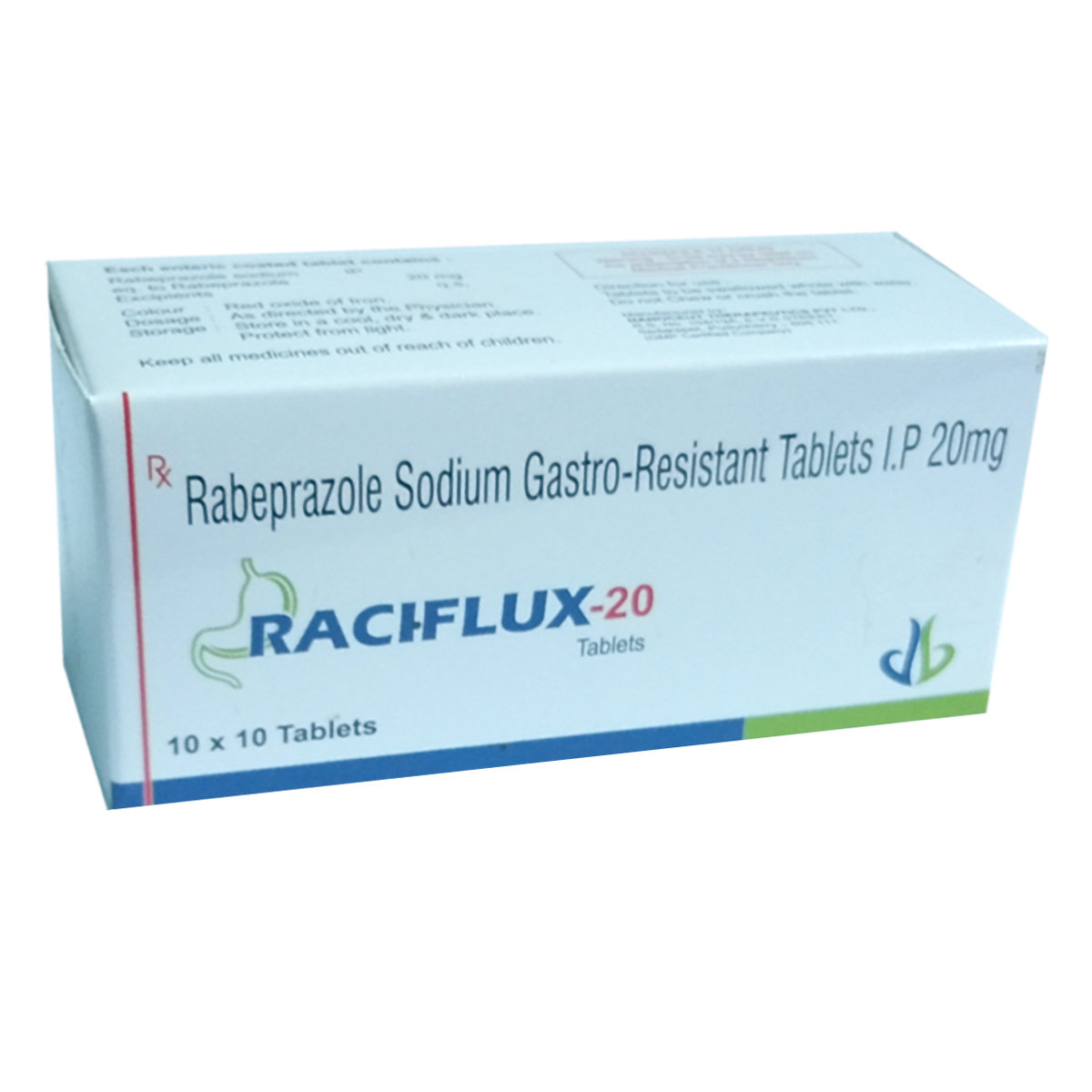
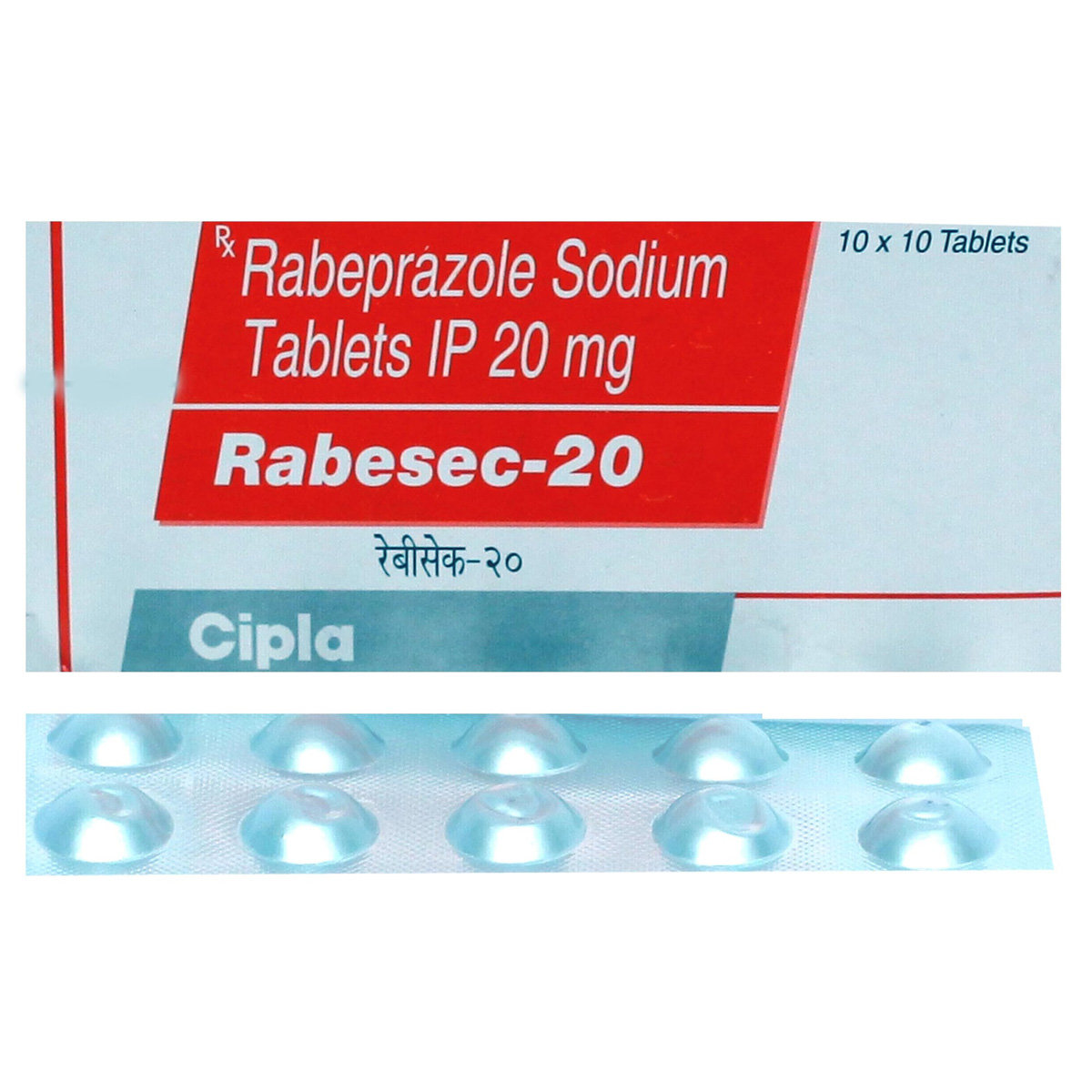
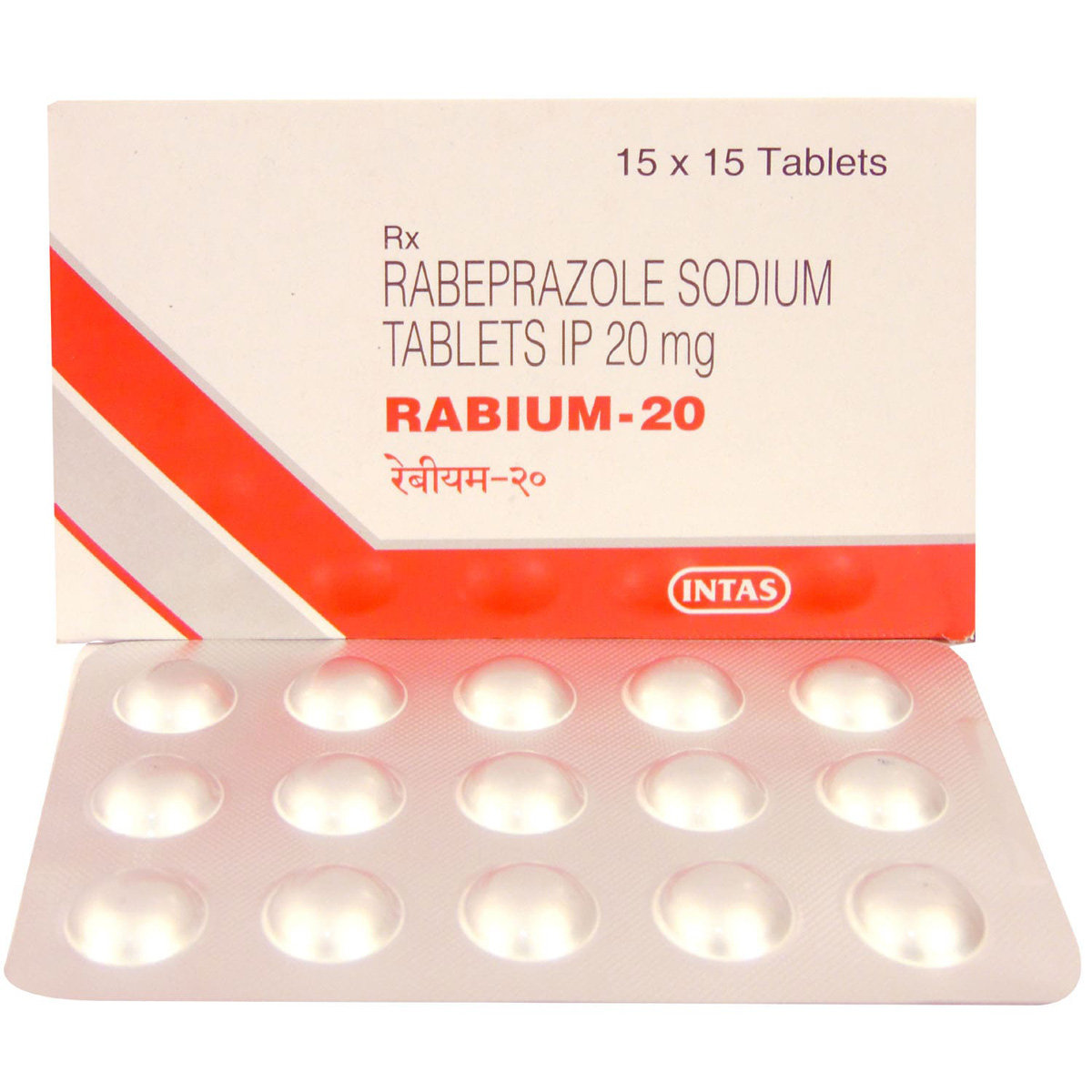
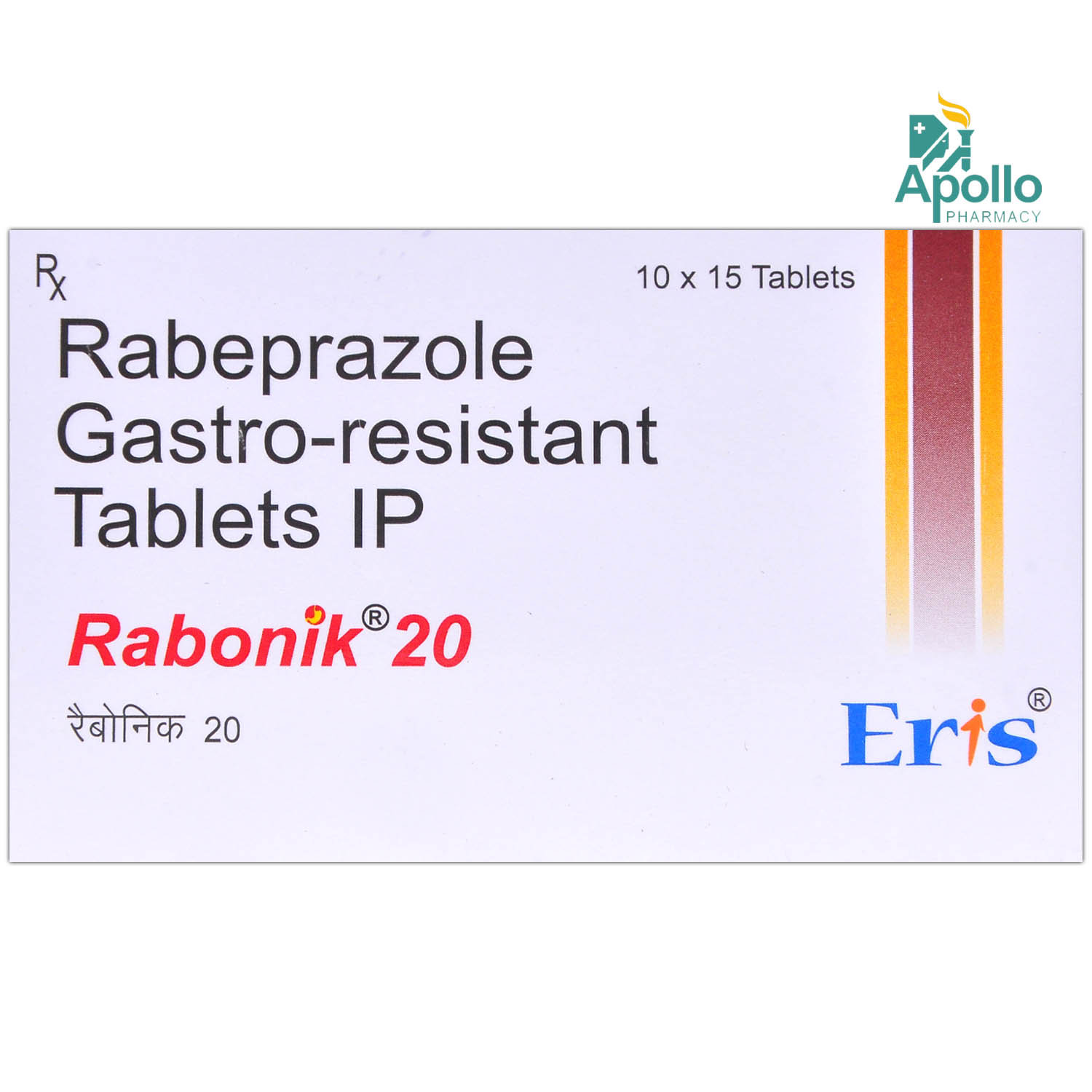
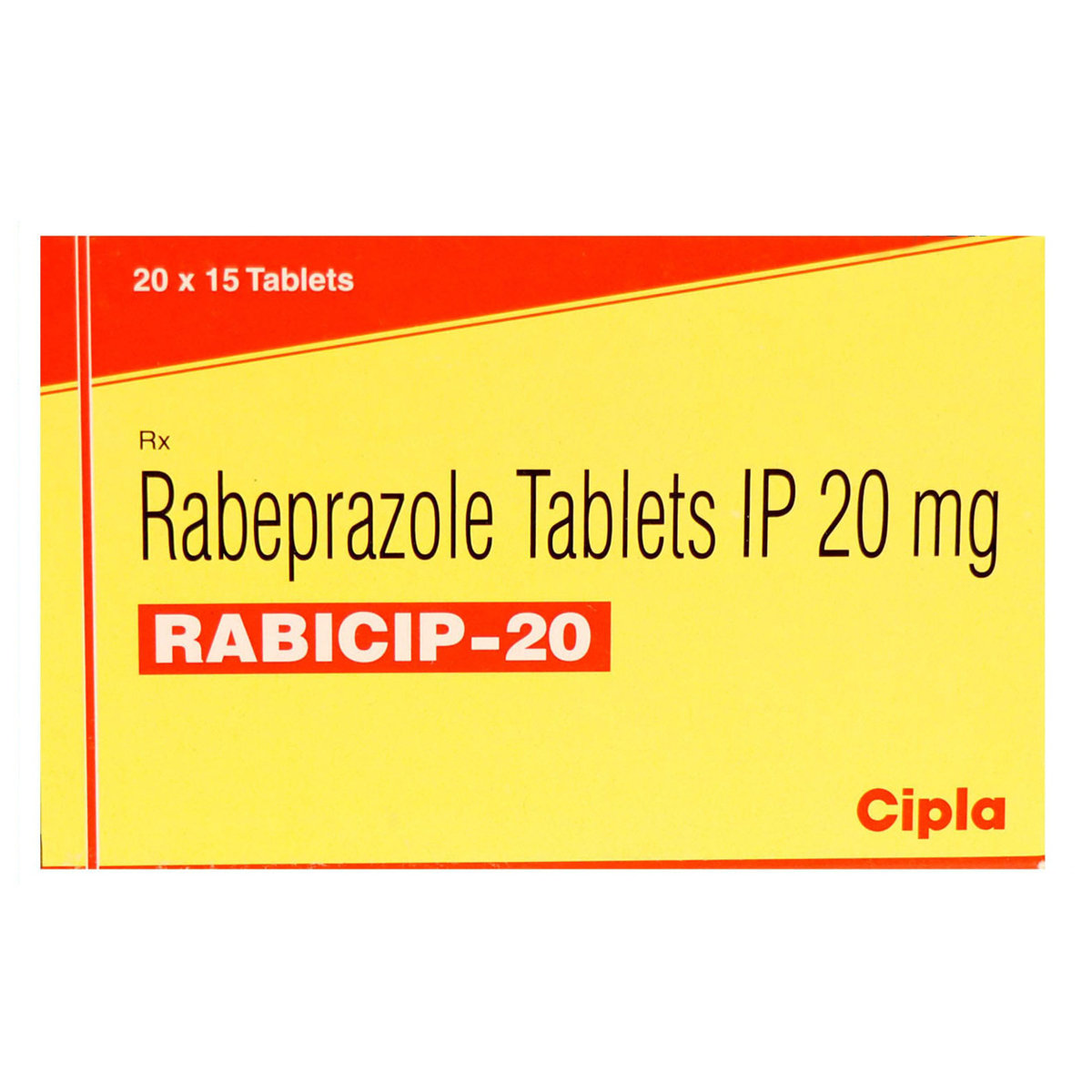
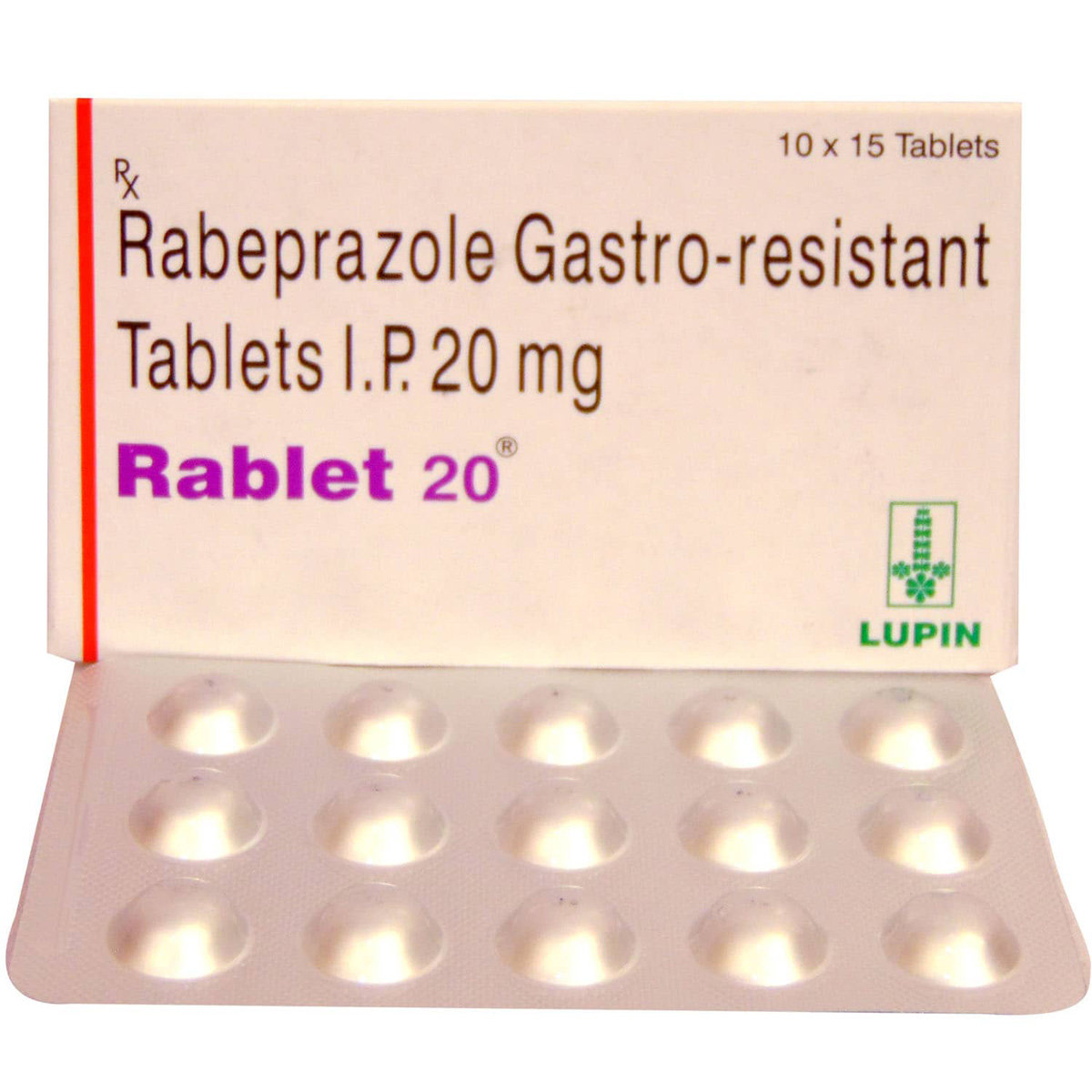
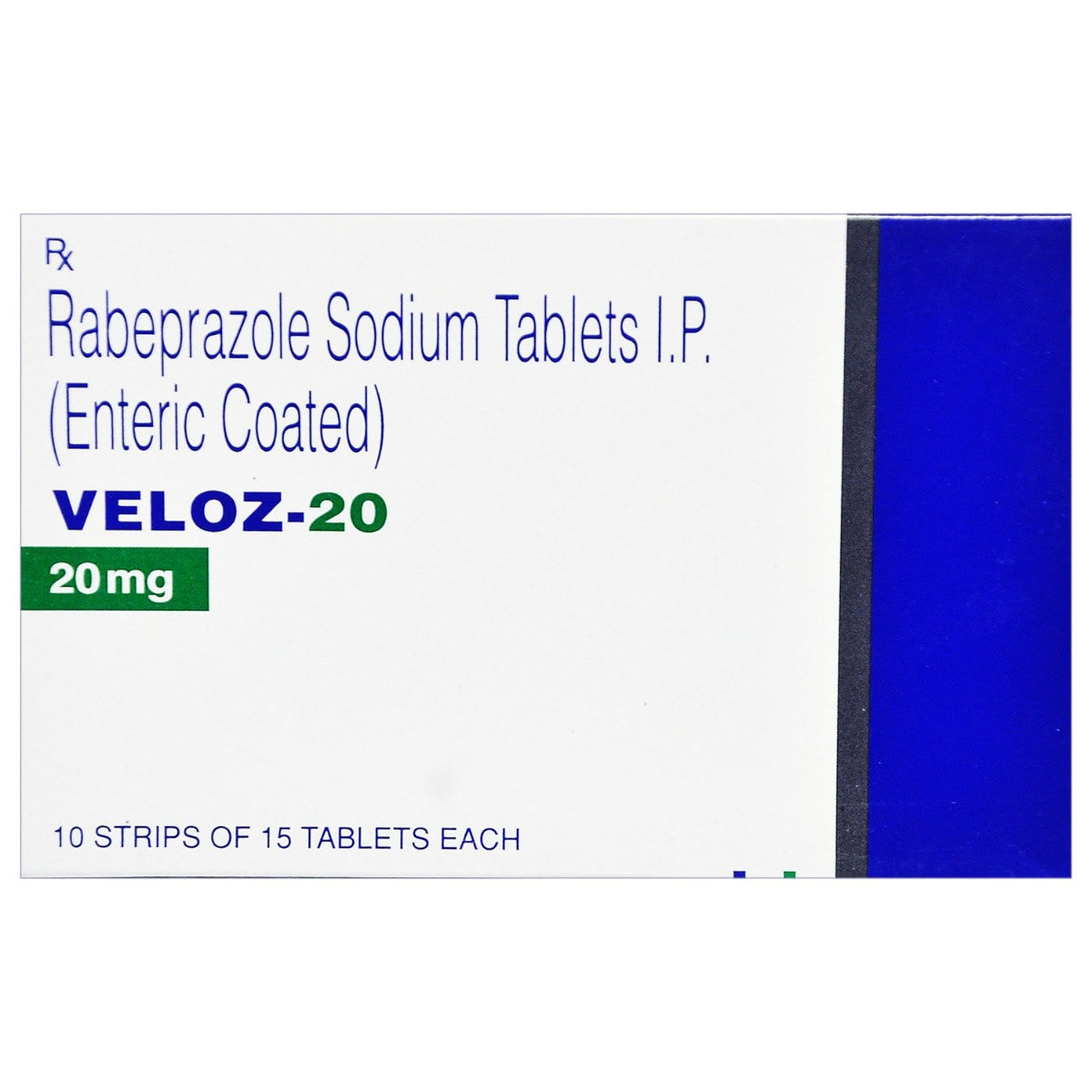
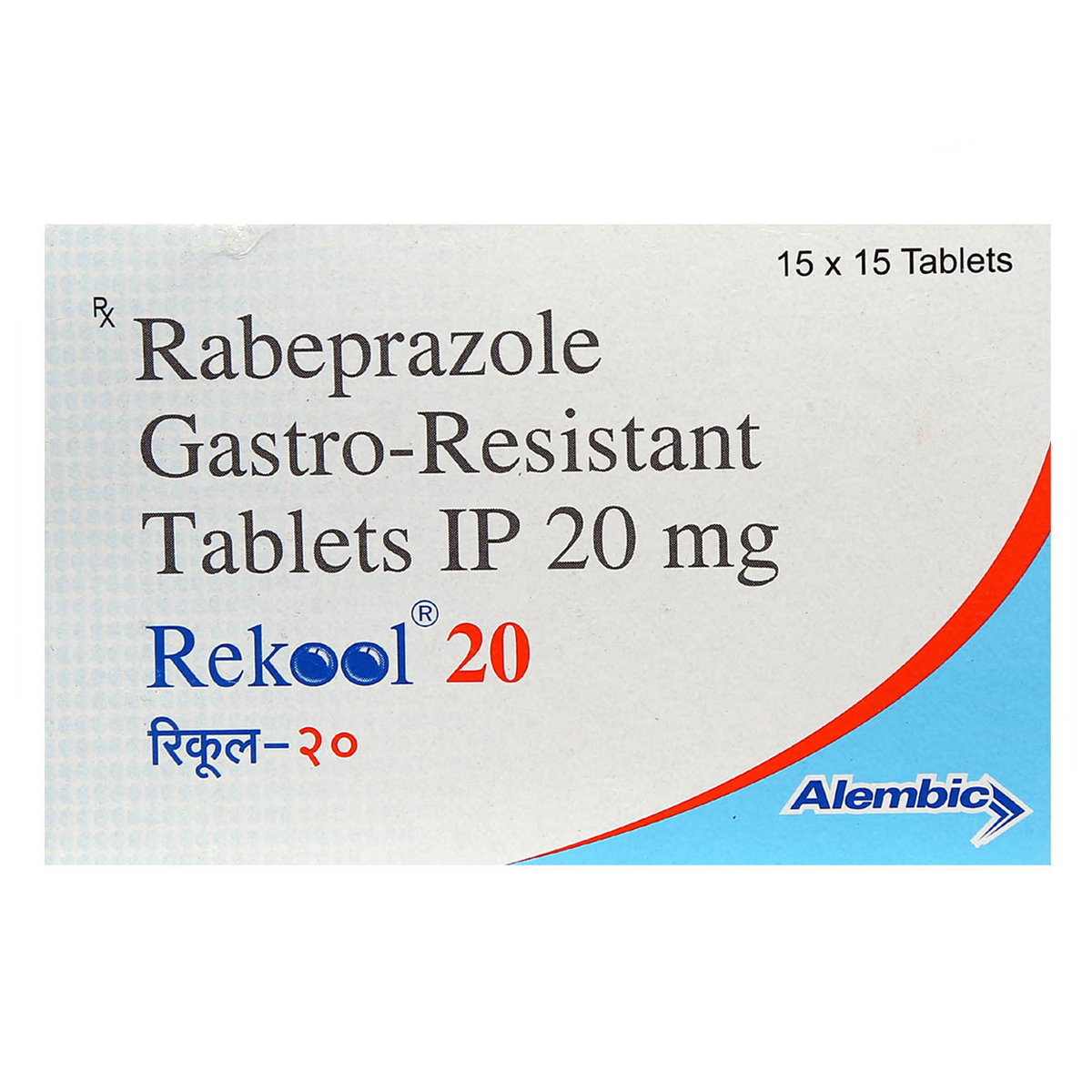
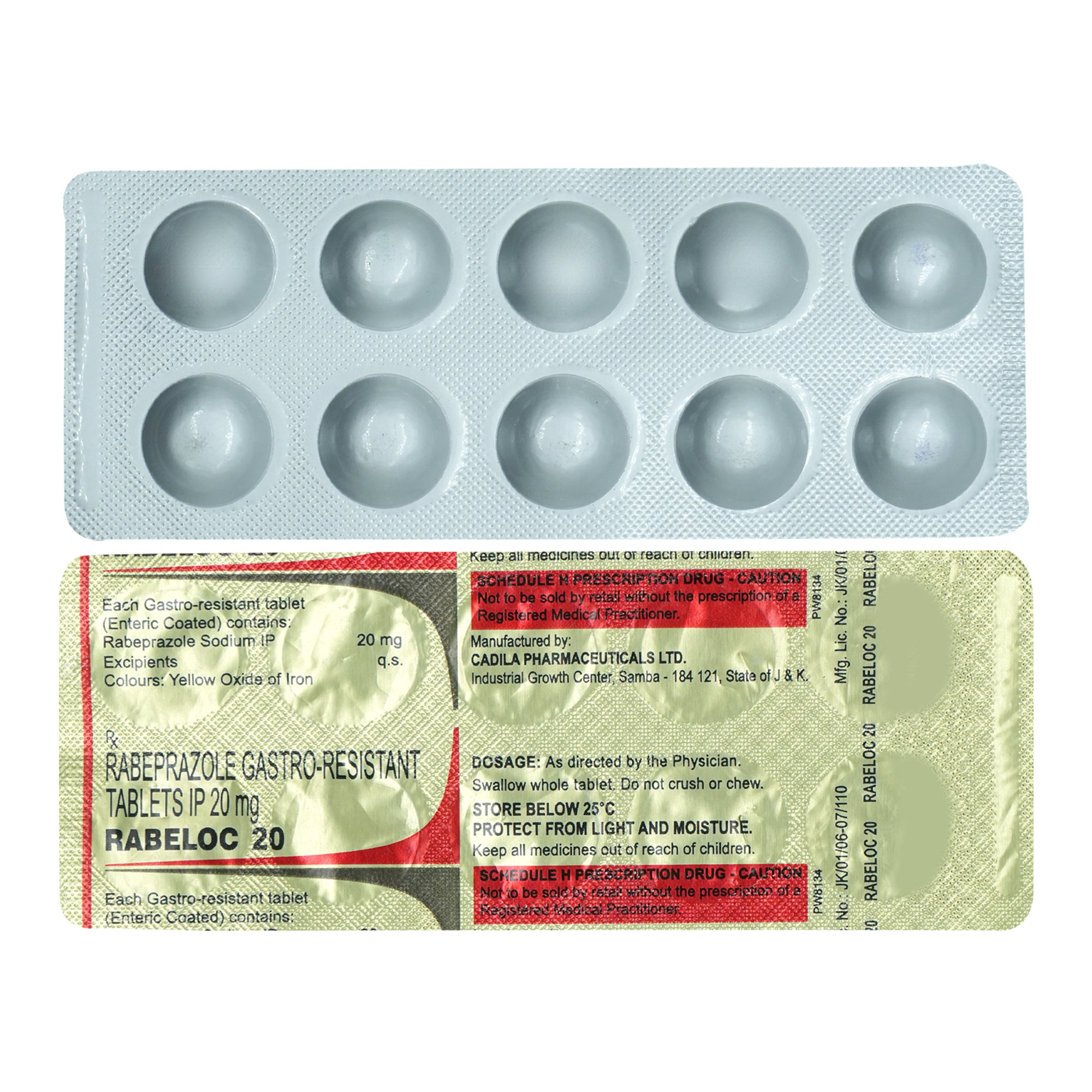

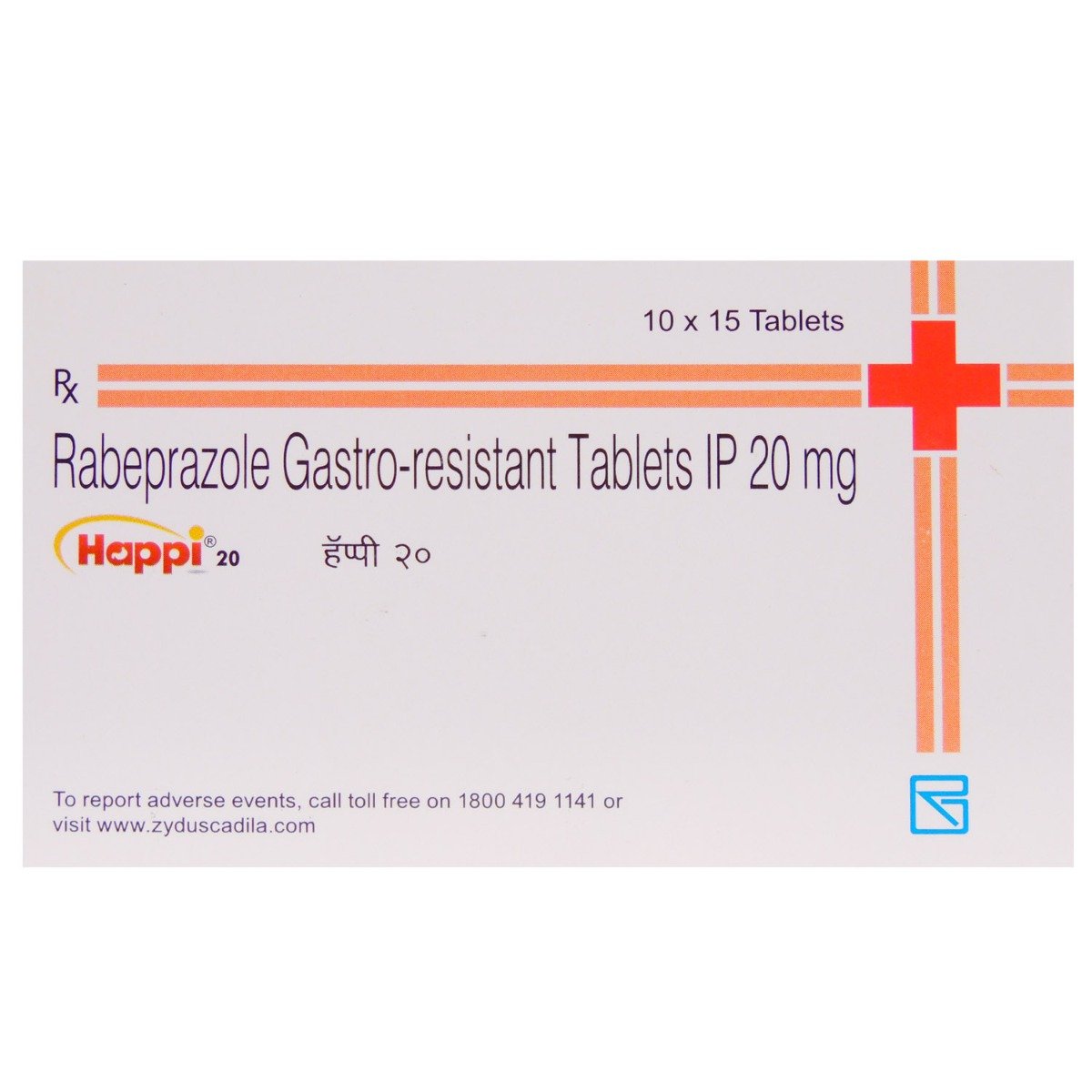

_0.jpg?tr=q-85)

